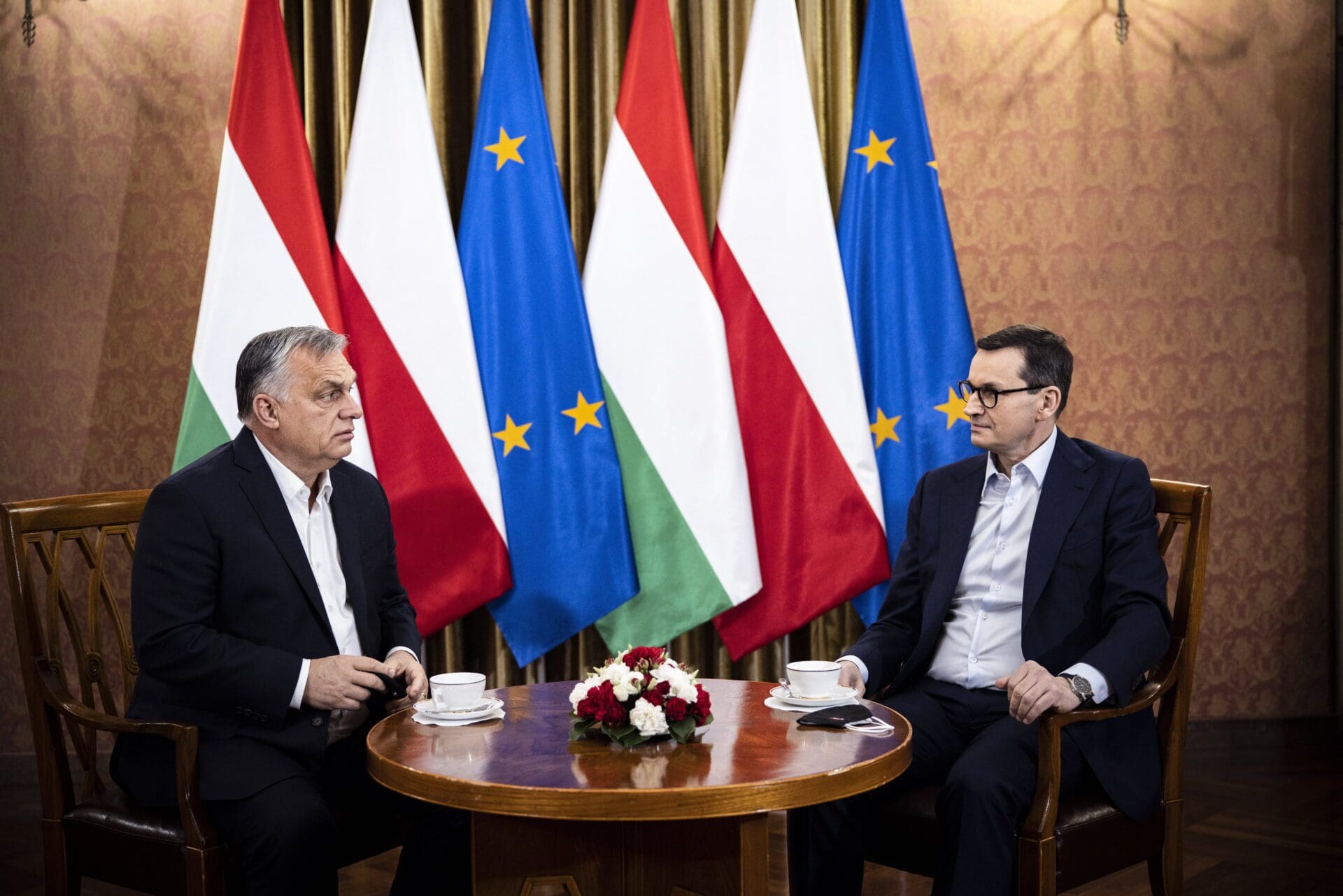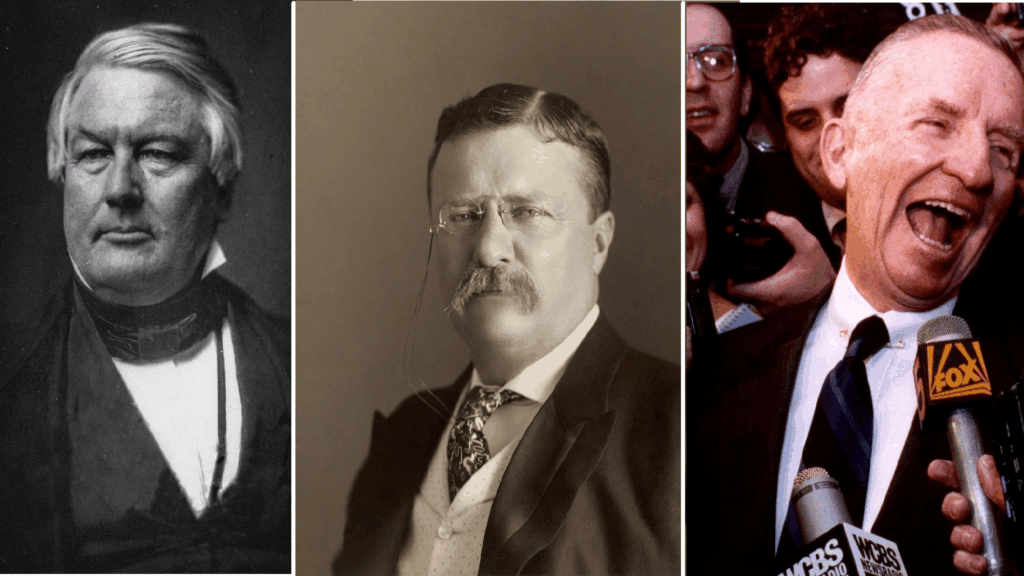POLITICO likes to pose as the ultimate insider when it comes to international politics. And they have remained true to themselves when they published a piece the other night suggesting that the Polish-Hungarian ‘love affair’ was over. And not just that: according to an alleged expert of bilateral affairs, the relationship Hungary and Poland find themselves in is ‘an increasingly toxic’ one. Which is obvious nonsense, of course, but the entire piece is somewhat more sophisticated in its misrepresentation of the situation.
The whole article, in fact, is an interesting pastiche of half-truths.
True, there was a cooling of the normally warm relations between Budapest and Warsaw when Poland perceived Hungary’s stance versus the war in Ukraine as problematic, and when Brussels almost tricked the Poles into believing that they could trust it to keep its word and release the frozen EU funding withheld due to alleged rule of law concerns. Of course, Brussels then failed to deliver on the promise. In fact, as a recent Hungarian Conservative op-ed reminded, ‘the Commission embarrasses itself not only with legally questionable acts, but also by being an untrustworthy partner—as we saw in the case of the negotiations with Polish President Andrzej Duda, who has unambiguously indicated that during the negotiations with the Commission, there were persons who simply lied to him …’ It is also true that Poland has given in on some issues regarding its judiciary, yielding to sheer blackmail. With some deliberate disingenuity, that ‘caving in’ (meaning by definition ‘capitulate under pressure’, sadly telling, isn’t it?), as POLITICO put it, can be interpreted as Poland detaching itself from Hungary.
But since those temporary disagreements caused mainly by misperceptions and miscommunication much water has flown under the bridge. In mid-September, the Polish prime minister declared that his country would ‘oppose with all its might’ any action by EU institutions aiming to ‘unlawfully deprive Hungary of EU funds.’
As Hungarian Conservative also reported, the Polish and Hungarian PMs also saw eye to eye at the recent V4 meeting in Kosice, Slovakia. Although speaking about the more broader cooperation of Poland, Hungary, Czechia and Slovakia, Mateusz Morawiecki’s remarks were unambiguous:
‘The Visegrad Group is a solid element of the European security structure. Recently, some people have only looked at us through what makes us different. We, on the other hand, came together to talk about what connects us, as the V4 is a very important forum for a comprehensive cooperation.’
However, what POLITICO presented as educated guesswork is in fact wishful thinking.
What they describe is something they would love to see come true. Nothing would cause greater schadenfreude for the leftist-liberal federalists than a major rift between Hungary and Poland. If the two long-standing allies were to part ways, it would immensely weaken the potential of all East-Central European nations who value their independence and ‘their way of strategy’ to stand up to the diktats of the liberal majority in the EU. Of course, that would be a most welcome scenario to those who want to ‘divide and conquer’ them.
But that is unlikely to happen. The relationship between the two great, freedom-loving, pro-family nations is not a ‘love affair.’ It is a centuries old, deeply rooted camaraderie and alliance, best summed up in the ‘Polak, Węgier, dwa bratanki, i do szabli, i do szklanki’ phrase (Pole and Hungarian, two good friends) and that is a reality that is hard to override.








